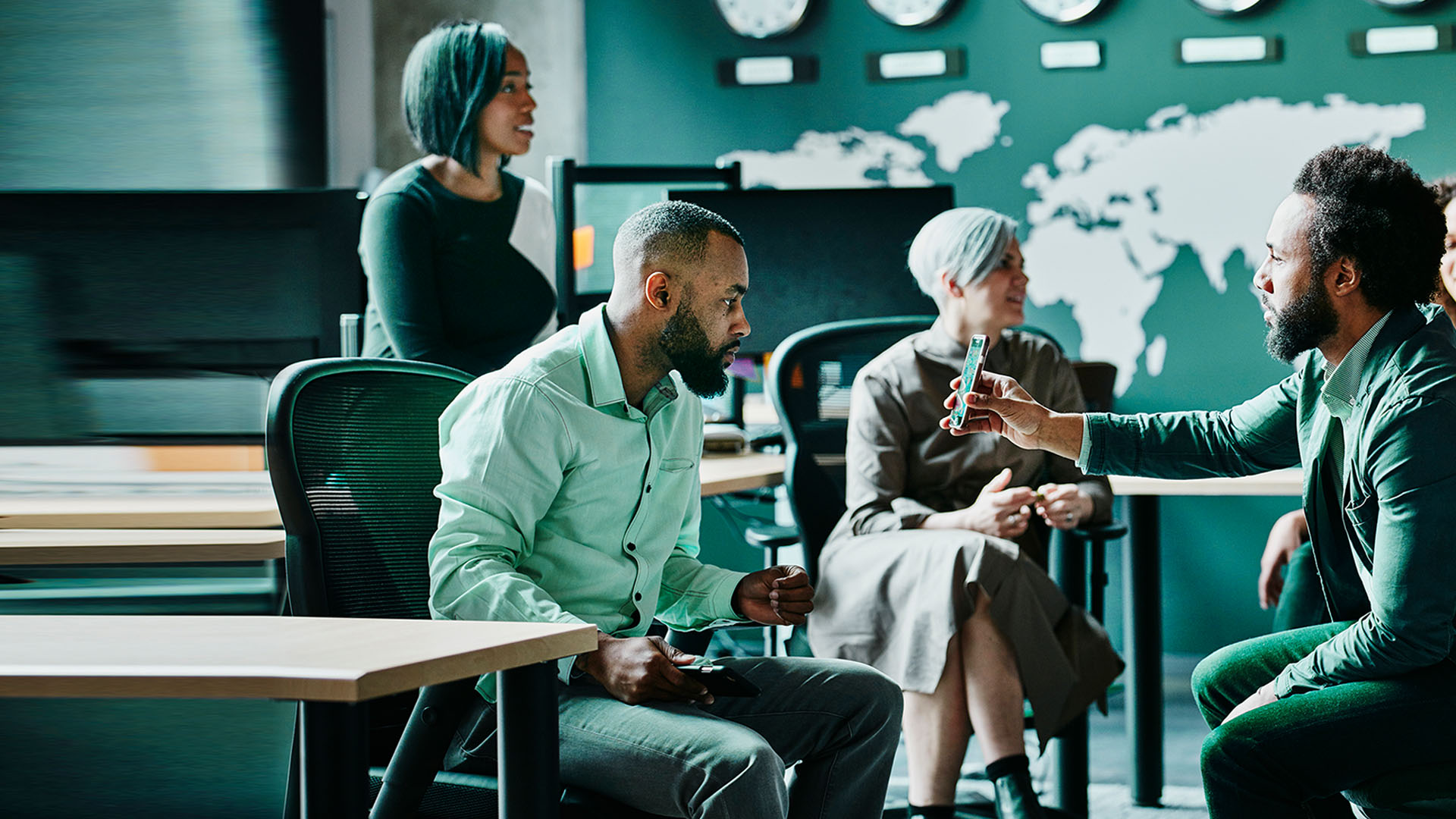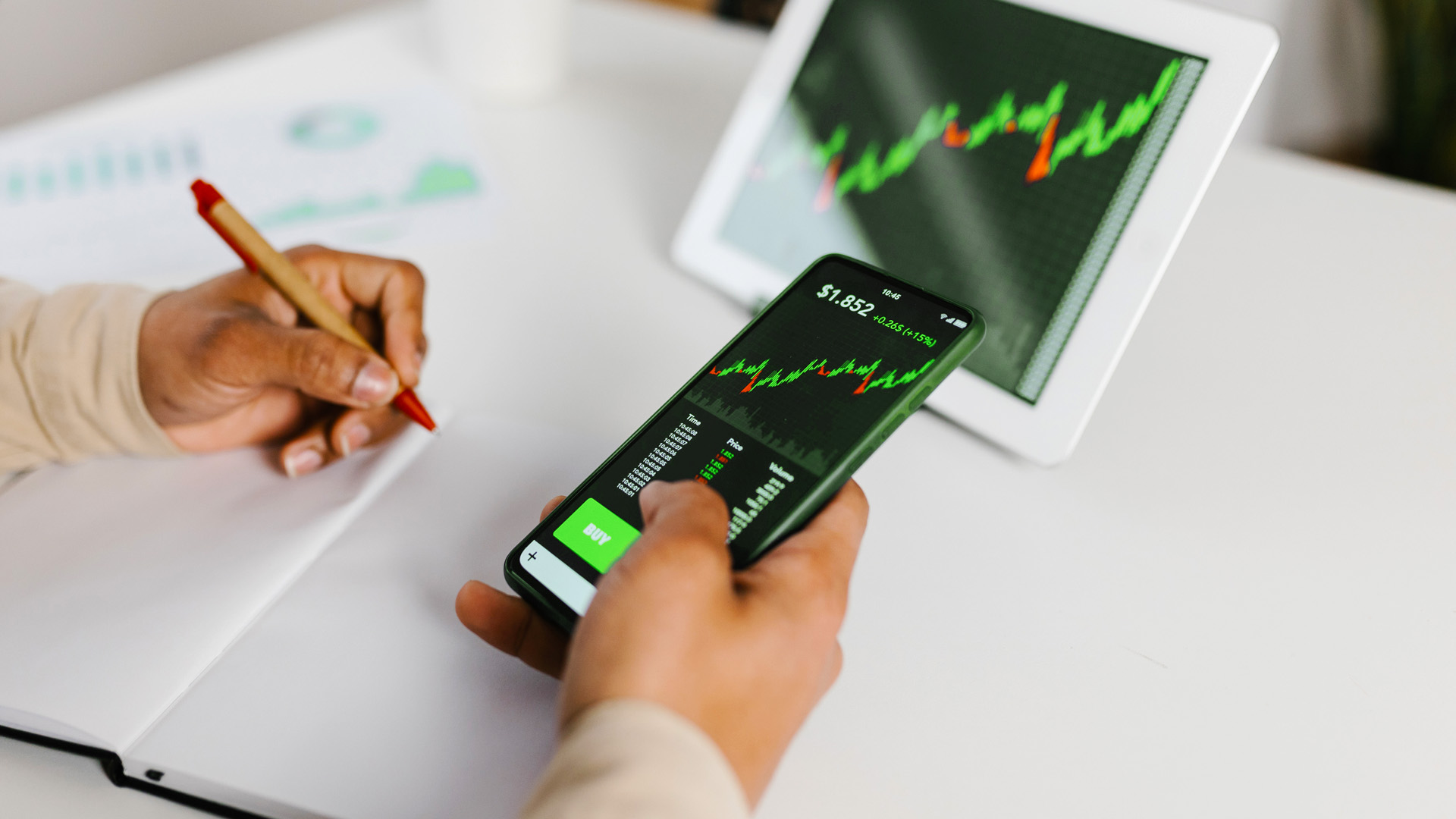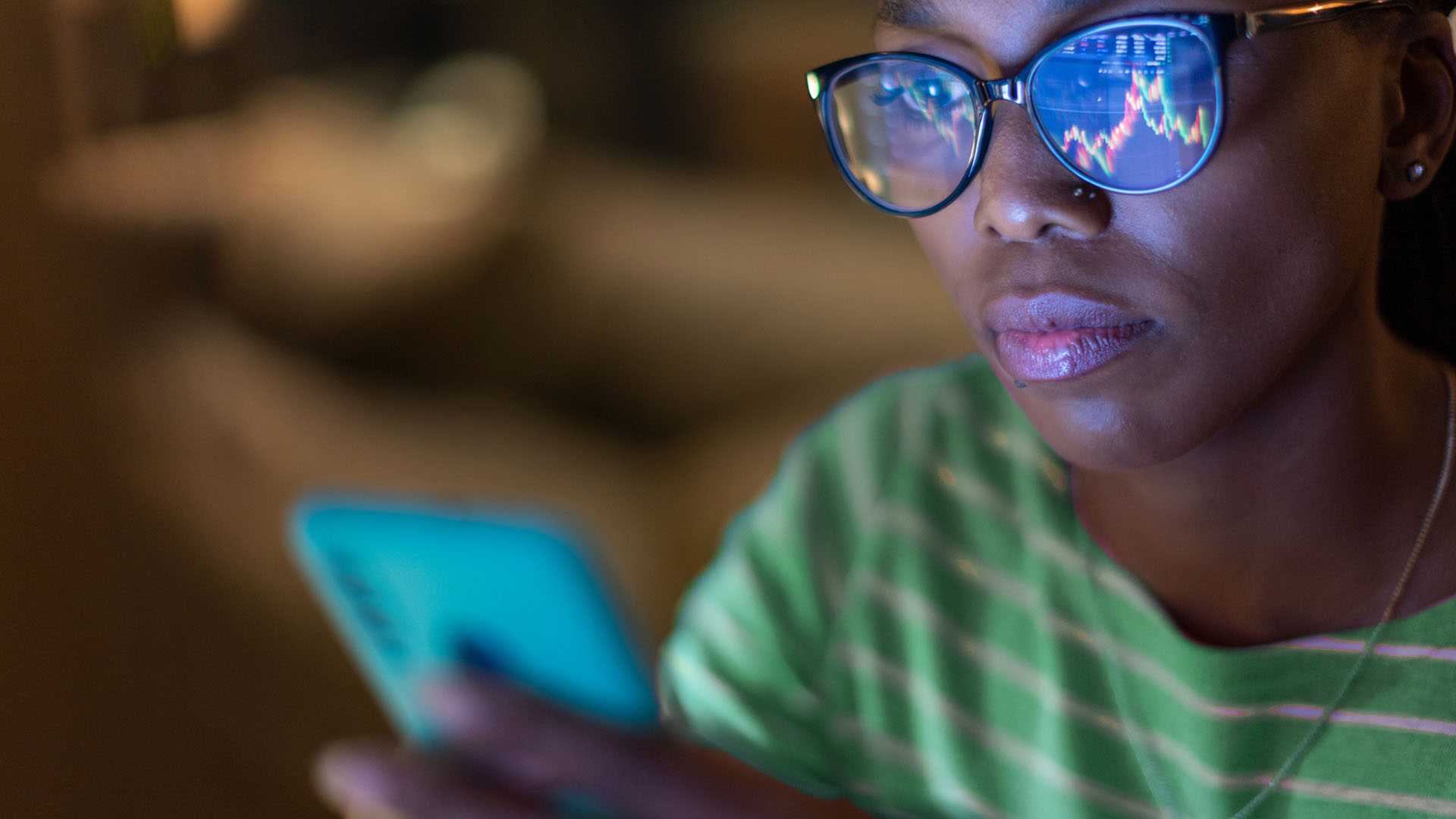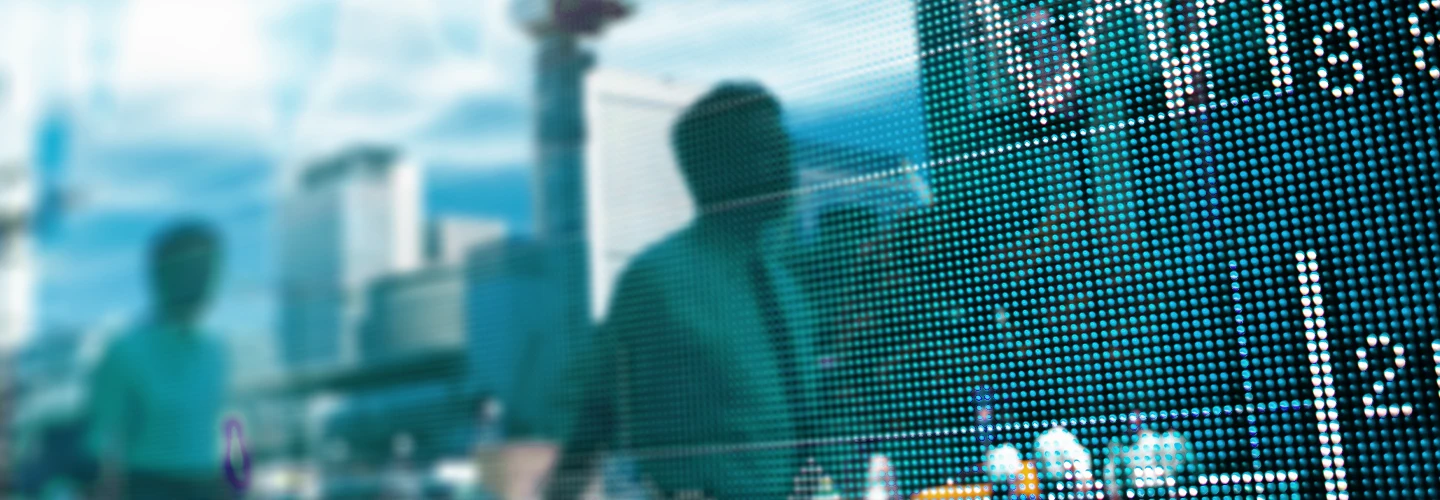The Group of 20 (G20) was first established in 1999 as an intergovernmental forum for cooperation. It now includes 21 countries and 2 regional organisations – the African Union (AU) and the European Union. This powerful socio-economic bloc, geared towards economic policy-making and global cooperation, represents the majority of global gross domestic product (GDP) and international trade, as well as two-thirds of the world's population. Despite the admission of the AU as an organisation in 2023, South Africa is the only current member state from Africa.
In November 2024, SA also became the first African state to hold the presidential chair of the organisation for the following year. One of the first difficult decisions was not to invite Russian president Vladimir Putin to the culminating G20 Summit in Johannesburg in November 2025. The International Criminal Court has issued a warrant of arrest for Putin for war crimes in Ukraine, and SA would be in an impossible position, diplomatically, if he were to enter the country.
The G20 presidency plays a significant role in the agenda of economic cooperation for that year, and SA is expected to put the African agenda of persistent poverty, debt, inequality, and climate change vulnerability firmly at the forefront throughout its presidency. After the summit in November, SA will hand over leadership duties to the USA.
African economic growth
President Ramaphosa has already made it clear that his focus during the G20 presidency will be on inclusive growth and sustainable development for Africa, building increased foreign direct investment, expanding intra-African and global trade opportunities, addressing debt, and driving crucial infrastructure development. These efforts also link to the Africa-wide business agenda to reduce poverty and improve access to essential services like healthcare and education.
South Africa's leadership of the G20 can be a boost to actively promoting the African Continental Free Trade Area to boost intra-African trade and strengthen Africa's position in global value chains. As the only African country in the G20, SA can strategically align its priorities with Africa's development needs and foster strong partnerships with G20 members to address burning issues – such as Africa's vulnerability to climate change and global health crises like HIV, TB and malaria.
The geopolitical challenge
The main challenge, not only for SA's presidency of the G20, but for the G20 itself, is the disengagement of the current US administration from the global economic and political order. The US government has already expressed opposition to the G20's approach to diversity, equality, and inclusion policies. SA's stance on Israel at the International Court of Justice, and legislation to redress the inequalities imposed by Apartheid, have also sparked opposition from US policymakers. This has so far led the US to grant 'political refugee' status to a small group of white South Africans, and to threaten to expel SA from the African Growth and Opportunity Act (AGOA), a multilateral trade agreement due for renewal in September.
President Ramaphosa wanted to use the G20 presidency to address climate change and fairer finance for poorer nations
In recent high-level trade negotiations after President Ramaphosa's official visit to the White House, the South African government noted the importance of AGOA to SA, and the intention to lobby the US collectively through the trade ministries of the Africa Continental Free Trade Area. In turn, the US indicated that they would be convening a US-Africa Forum to discuss the AGOA proposals.
US Secretary of State Marco Rubio boycotted the G20 foreign ministers' meetings in February, with the US represented by lower-ranking government officials. US President Trump initially threatened not to attend November’s G20 Heads of State summit, but reversed his position after the meeting with President Ramaphosa. He has said, for now, that he will participate in the key forum. The high-level meeting between the two presidents turned into an ambush-media event to score points with supporters rather than a serious diplomatic engagement, and it failed to provide any clarity on whether the US would renew SA's participation in AGOA.
South Africa's G20 agenda
The South African G20 presidency was designed as an opportunity to shift the attention of the world's richest nations to poorer countries, especially those in Africa and the global South, and the challenges they face in areas like crippling sovereign debt and the fight against climate change. The G20 nations, including the USA, account for around 85% of the world economy and more than 75% of greenhouse gas emissions. President Ramaphosa stated that he wanted to use the G20 presidency to address climate change and fairer finance for poorer nations. SA, like many other countries, spends more on servicing debt than on public healthcare.
The potential absence of the US from G20 proceedings complicates the picture even more. Several other G20 countries, especially China and Russia (both member countries, along with SA, of the BRICS economic bloc), support South Africa in its reform agenda. BRICS has already angered US policymakers by mooting the possibility of an alternative reserve currency to the US dollar. In previous G20 meetings, China has openly supported the idea of helping emerging economies – a situation that could lead to a global leadership shift.
The global investment outlook caused by such geopolitical uncertainty is volatile. If you're an individual investor, you can find guidance and support for your current or planned investments at Nedbank.








